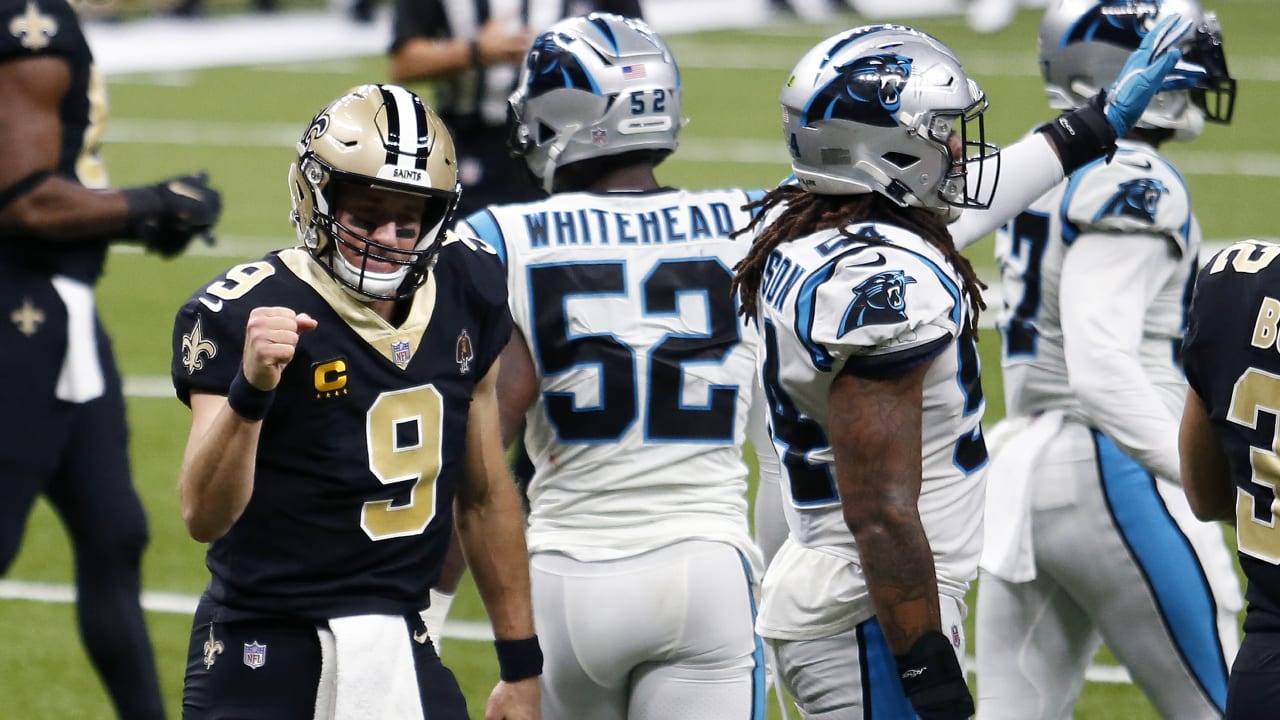Sir Purr
Well-known member
- Mar 16, 2019
- 1,969
- 0

The defense's inability to stop the Saints had consequences for the Panthers' offense, which was efficient in averaging 6.6 yards per play. Quarterback Teddy Bridgewater finished 23-of-28 for 254 yards with two touchdowns. Carolina even ended the game 6-of-9 on third down, keeping things close with explosive plays — like DJ Moore's 74-yard touchdown reception.
But the Panthers had just three drives in each half because the defense couldn't get off the field. New Orleans led in time of possession 34:41 to 25:19 and ran 67 plays compared to the Panthers' 43, their second-fewest in a single game. Carolina also had a lot of trouble finding running room, totaling only 37 yards on the ground on 14 attempts — a 2.6-yard average.
"When you look at the game, we didn't really have many possessions, so we just tried to maximize every drive that we got," Bridgewater said. "We wanted to make sure that we were finishing in the end zone, so it was one of those games where the game might go a little different from what the game plan was."
Allowing third-down conversions is not a new problem for this year's Panthers' defense, which now has two of the worst nine performances in the category in franchise history. It's worth noting that in Week 3 against the Chargers, when Carolina surrendered 10-of-15 third downs (66.7 percent), it not only tied for No. 7 but also ended up as a win.
To be fair, the Panthers were dealing with significant losses on the defense Sunday, with starting cornerback Rasul Douglas on the reserve/COVID-19 list and safety Juston Burris going on the reserve/injured list.
But the team's third-down defense must improve no matter who's available.
"Give credit to them, they came out there and won every third down," Thompson said. "We just have to do better."
